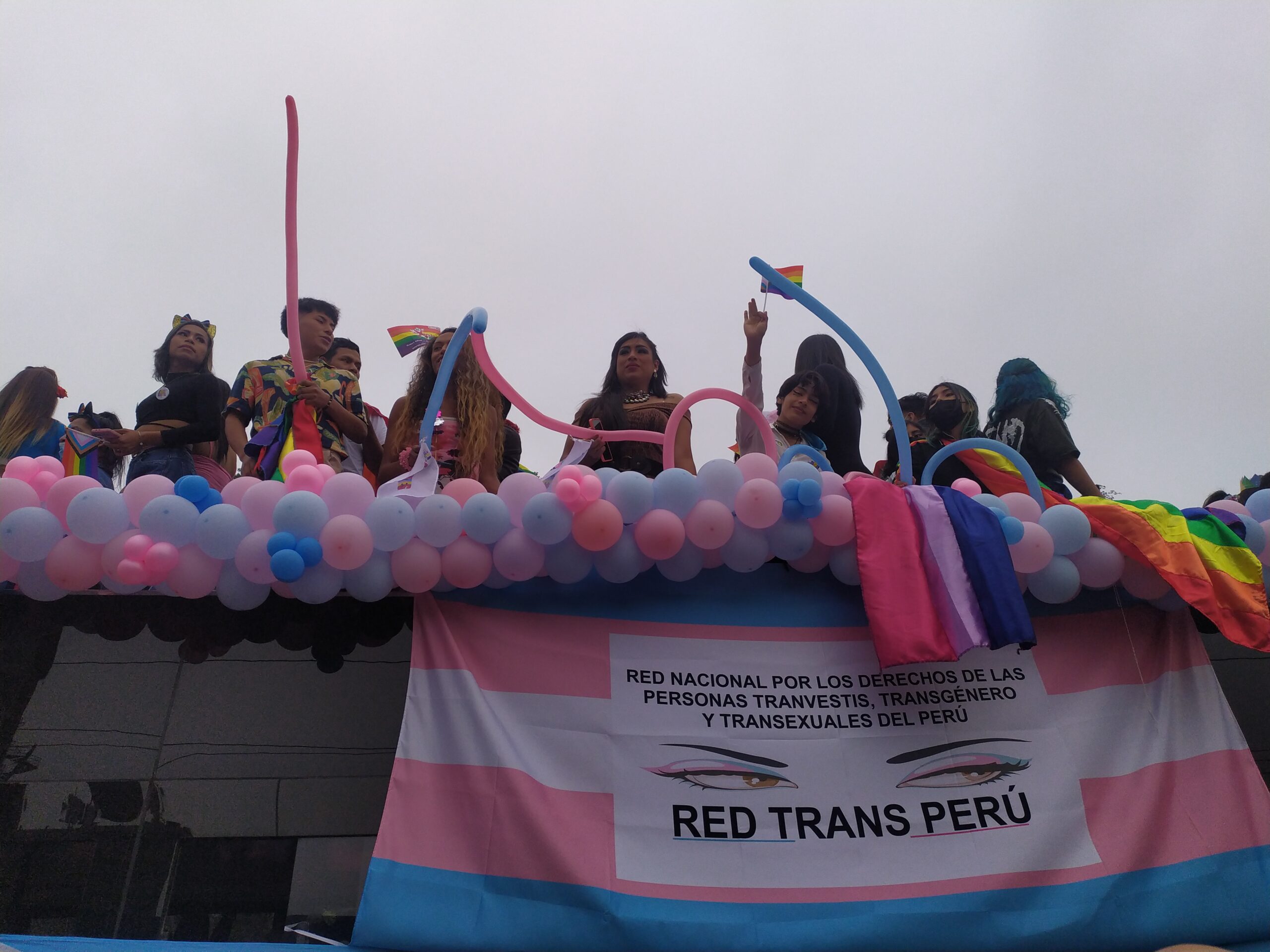The Ministry of Health confirmed the decision on Tuesday 25 June, less than seven weeks after the law was introduced by presidential decree in May.
In the decree, the health ministry described transgender people and “crossdressers” as mentally ill and thus eligible for health services via public and private providers under the Essential Health Insurance Plan (PEAS).
According to a ministry official, the policy change was intended to facilitate coverage for “transexual people and people with gender identity disorders”.
Human Rights Watch (HRW) called the decree “profoundly regressive” for its use of “obsolete classifications related to gender identity and sexual orientation”.
“Officially pathologizing LGBT people in Peru may seriously undermine efforts to improve rights protections based on sexual orientation and gender identity,” said HRW Senior Researcher Cristian González Cabrera in a statement.
“Peru currently does not allow same-sex couples to marry or enter civil unions, does not have a procedure for trans people to change their documents to reflect their gender identity, and does not have civil laws prohibiting discrimination against LGBT people.
“The decree could also give legitimacy to “conversion practices” and exacerbate mental health issues that LGBT communities face in Peru.”
Critics also argued the update to the PEAS was unnecessary, as existing rules already allowed for universal access to mental health services.
Around 500 protestors called for a repeal outside the health ministry’s office in Lima on 17 May, the International Day Against Homophobia, Biphobia and Transphobia (IDAHOBIT).
Coordinacion Nacional LGBTIQ+ activist Gianna Camacho told AFP during the protest, “We demand the repeal of this transphobic and violent decree, which goes against our trans identities in Peru.”
The ministry said on Tuesday it will no longer classify transgender individuals as suffering from any disorder.
For the purposes of mental and behavioural healthcare classifications, the ministry will now use the term “gender discordance” instead.
The ministry also emphasised its “respect for the dignity of the person and their free actions within the framework of human rights that provide health services for their benefit”.






